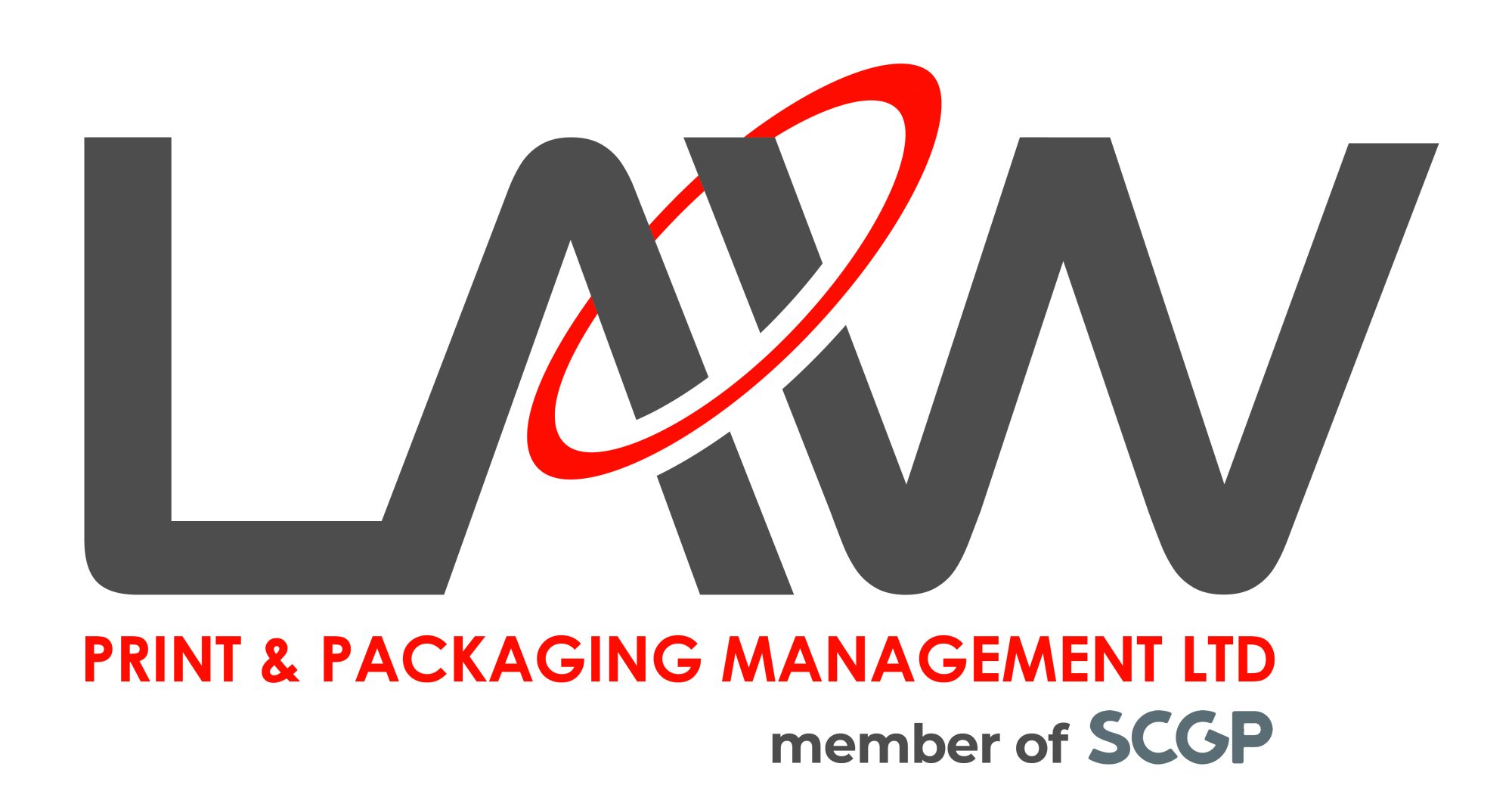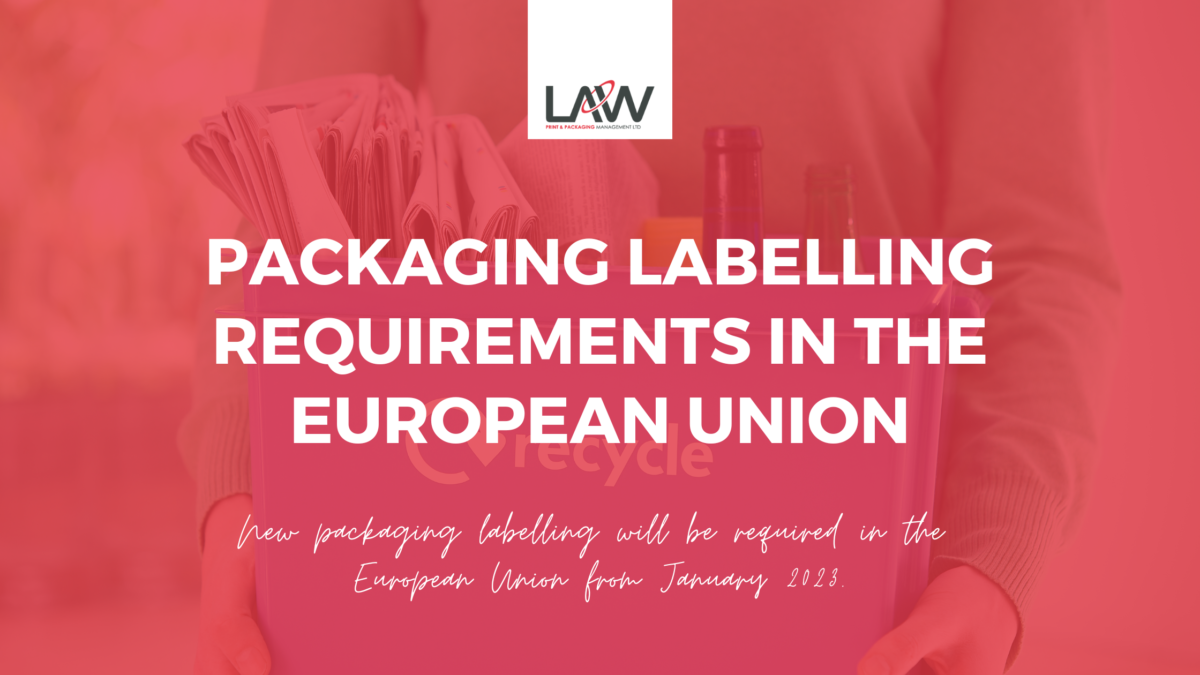New packaging labelling requirements will be introduced in the European Union from January 2023. Amongst the EU countries concerned by these changes, Italy and France have developed their own recycling logos.
As a global packaging supplier, we realise that it is essential for our customers to know, as these requirements are subject to the law. It’s also imperative that food and beverage companies are aware of the conflicts and discrepancies between recycling logos in different European markets.
New packaging labelling requirements and legislation in Italy and France is coming into force soon – January 2023 and March 2023 respectively. All packaging placed on the market in those countries without the correct logos after these dates will not be accepted.
The European Packaging and Packaging Waste Directive 94/62/EC obligates member states to meet targets for the recovery and recycling of packaging waste. By 31 December 2025, a minimum of 65% (by weight) of all packaging waste should be recycled.
Member states must also ensure that Extended Producer Responsibility (EPR) schemes, which encompass food packaging, are established by 31 December 2024. However, this Directive does not cover recycling logos and there are no harmonised standards for recycling labelling in the EU at present.
This makes it difficult for food and beverage companies to label products effectively and prevents consumers from being well-informed on the best way to dispose of the packaging. In many cases, consumers do not fully understand which types of food packaging are recyclable. There is also the issue of ‘wishful recycling’ where all packaging is disposed of in recycling bins, resulting in the contamination of recycling streams.
Recycling logos
Logos are widely regarded as a clear and effective way to convey information to consumers, and mandatory recycling logos are emerging to promote and encourage good practices. Several EU member states and the UK have developed their own recycling logo initiatives, but this has led to confusion amongst food and beverage companies that trade in multiple countries. The following examples indicate some of the challenges faced.
France – mandatory recycling logo and waste disposal instructions
France first introduced the mandatory Triman logo in 2015. Not to be confused with the Green Dot logo (trademark “Der Grüne Punkt“), which denotes a manufacturer’s financial contribution to the collection, sorting and recovery of used packaging in the EU. To overcome this issue, France banned the Green Dot in 2021, which in turn caused difficulties for food and beverage companies selling products in France and other EU member states where the Green Dot is mandatory.
The following steps have been taken to mitigate the confusion:
Following the intervention of professional organisations including the National Association of Food Industries (ANIA) and the Federation of Commerce and Distribution (FCD), the French Council of State suspended the ban on using the Green Dot until further notice.
To raise consumer awareness of separate waste collection, the French Government issued decree No. 2021-835 on 29 June 2021. This states that sorting information guidelines must be developed for each waste stream falling under EPR.
French packaging waste take-back schemes published new guidelines on how the Triman logo should be printed on packaging in France from January 2022. The symbol will now appear alongside sorting advice in a format dubbed ‘Info-Tri’.
A transition period was in place until 8 September 2022, and packaging which does not follow the rules can be sold until stocks are exhausted up to 9 March 2023. From this point, packaging that doesn’t comply may no longer be placed on the French market.

source: https://www.ecosistant.eu/en/triman-logo/; https://www.loraxcompliance.com/blog/citeo.html and https://www.citeo.com/
Italy – new mandatory recycling instruction postponed
Environmental labelling will soon become mandatory in Italy. There are no clear rules on how to present information on products, but this situation is expected to change soon. In 2020, Legislative Decree No. 116 of 3 September 2020 was published in the Italian Official Gazette, amending the information required to facilitate the correct disposal of packaging. It introduces a simplified form of plastic resin code logos and covers sorting instructions as well as individual labelling of separable components (e.g., bottle and cap).
When Legislative Decree No. 116 was first introduced, it was mandatory with no transitional period and no exemption for imported products, which resulted in confusion. Recognising the administrative challenge, the government published Law Decree No. 228 of 30 December 2021 (also known as ‘Milleproroghe’) in the Italian Official Gazette. This postponed the entry into force of mandatory labelling for recycling information to 31 December 2022.

source: https://www.ecosistant.eu/en/packaging-law-italy/; https://www.valpak.co.uk/introduction-of-environmental-labelling-requirement-in-italy/ and https://www.etichetta-conai.com/en/
Portugal – new recycling instruction soon to become mandatory
In Portugal, a draft regulation would make it mandatory to include sorting instructions for packaging waste, including the colour of the relevant recycling bin. It also puts forward a ban on the Tidy man logo on recyclable packaging. Moreover, as in Italy, a simplified form of the resin code logos for identifying plastic materials will become mandatory. It is currently unclear whether Portugal will go ahead with the draft regulation, and if so, in what form.
UK – On-Pack Recycling Label (OPRL)
The UK’s OPRL scheme and logos provide a simple and consistent ‘reuse and recycling’ message on consumer packaging, which is used on a voluntary basis. The logos have recently been updated to reflect simpler, binary (recycle/don’t recycle) messaging. All packaging must switch to the new logos by 1 January 2023.

source: https://www.oprl.org.uk/our-latest-initiative/
At Law Print, we’re here to help you. In addition to providing clarity on current regulations, our team can provide insights into the future state of recycling regulations in Europe and beyond.
Whilst we do not offer a packaging legislation service as such, we can provide guidance and update packaging artwork files accordingly. Legal packaging requirements must be checked by the brand for each country through an official organisation or local agents if they have one.
This will help to avoid costly mistakes down the line. We cannot take any responsibility for any mistakes, this is down to the individual businesses. For more information on packaging labelling requirements, please don’t hesitate to give us a call or send an email.


